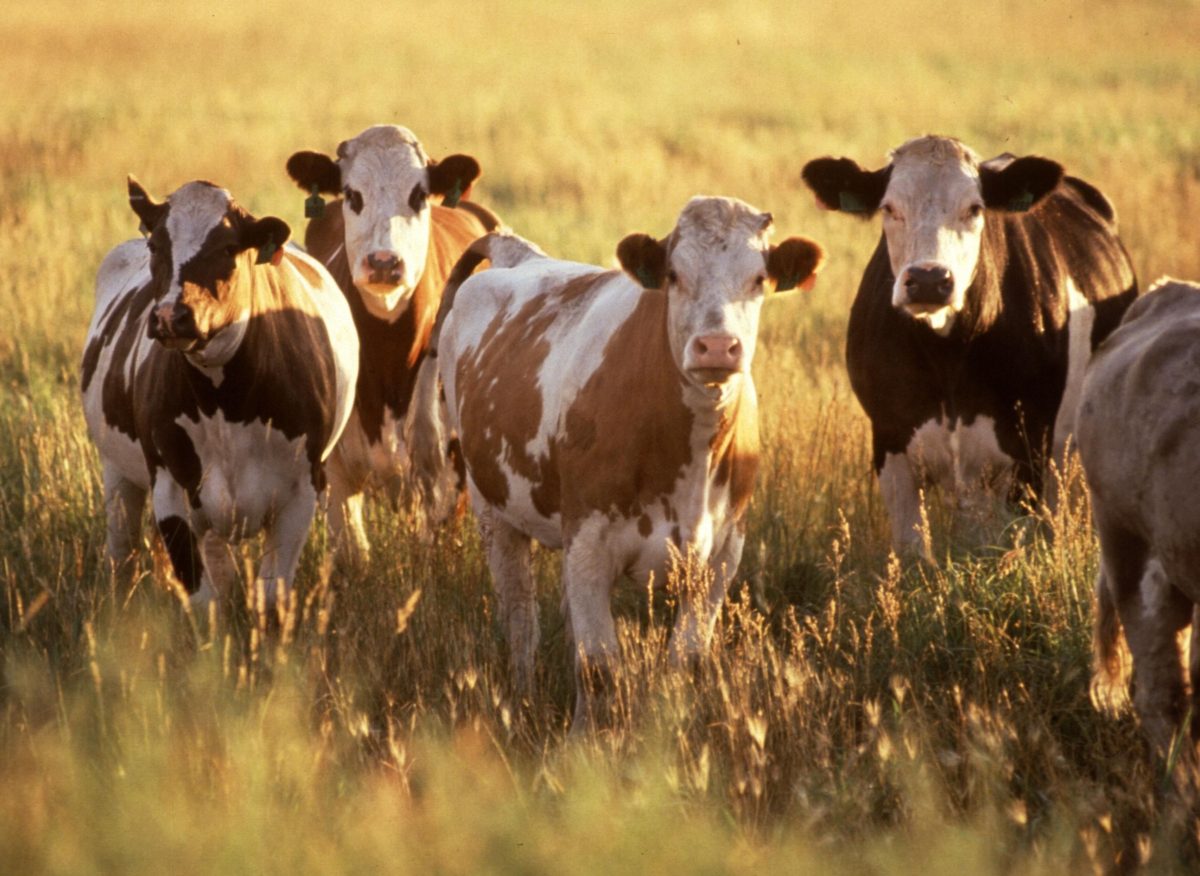Bayer NZ reports it has made improvements to its DairyAntibiogram (DAB) antibiotic resistance test by adding more antibiotics and more concentrations to the list.
The company says DAB, launched last year, involves the testing of bulk milk supply for resistance to antibiotics that treat mastitis. A veterinarian can prescribe a more effective antibiotic if resistant bacteria are present,
Following requests from veterinarians, Bayer has broadened the DAB test to include four extra antibiotics – Cefuroxime, Oxytetracycline, Lincomycin and Neomycin – and at different concentrations. This is in addition to the six antibiotics already tested: Penicillin, Cloxacillin, Ampicillin, Cefazolin, Tylosin and Amoxycillin.
DAB can now assess 10 different antibiotics for resistance and collect twice as much data.
Dairy veterinarian Grant Fraser, of Matamata Veterinary Services, says the DairyAntibiogram has been successful especially for people who don’t realise they have an issue.
“We can now adjust usage and get better cure rates – it’s technology that enables us to do our jobs better,” he says.
“It’s helped drive mind-set changes with our farmers and simplify treatment plans; we’ve also been able to grow our clinic ancillary services, like in-house cultures, which guide how you apply DAB data and adds value.”
Bayer dairy veterinarian, Dr Ray Castle, says the upgrade to DAB is important as it now covers all antibiotics used to treat mastitis.
“Mastitis infects 10 – 20 percent of the national dairy herd. As a veterinarian, you want to make sure you’re using the right antibiotics in the most responsible and effective way possible, which this improved test will allow.”
Bayer has also made submitting test requests and managing the results easier and faster with the launch of the DairyAntibiogram website(www.dab.bayer.co.nz).
“The original DAB test was paper-based and quite admin-heavy. We’ve now streamlined the test request process by putting everything online, making it cleaner and easier to get right first time,” says Dr Castle.
“A vet can now login, request a test and view its progress. Once the results are back, the website has a farm summary report tool that assists the vet in making a decision or recommendation on how to manage mastitis and the appropriate treatment to use on a particular farm.”
“A personalised farm summary report can be created and all results are stored on the website. What’s more, a farmer can also access the website, initiate a DairyAntibiogram test request, select their vet clinic and find out more information.”
The press statement says DairyAntibiogram is a new test that shows how sensitive bacteria are to different mastitis treatments. The test is easy to have done as it is performed on bulk milk samples taken from milk processors.
A DairyAntibiogram test will provide valuable information that will allow farmers to:
• Identify the current resistance status of their herd
• Ensure they are using the most effective mastitis treatments specific to their herd
• Monitor their resistance status and identify any changes over time
• Compare their resistance status with industry benchmarks
• Develop biosecurity plans to protect a good resistance status
• Manage their herd status and make more informed decisions when integrating stock outside their closed system
• Help the dairy industry demonstrate that it is using antibiotics in an effective, responsible and sustainable manner.
For more information about DairyAntibiogram, farmers should consult with their veterinarian or visit here.
Source: Bayer NZ












